
Solving Tough Problems
An Open Way of Talking, Listening and Creating New Realities
Recommendation
This is a very unusual business strategy book on an esoteric topic: solving complex problems with scenario planning and analysis. Author Adam Kahane also discusses how change occurs in complicated social systems. Kahane, a conflict resolution consultant, shares a pivotal skill he learned at his former jobs with Royal Dutch/Shell and Pacific Gas & Electric. He learned how to address tangled problems with scenario analysis. He tried and, as his case histories testify, did not often succeed - to solve daunting problems in intractably troubled places, such as Paraguay, Colombia, South Africa and the Middle East. He admits his approach does not always work, though he has rare successes and frequent insights. Some of his strategy’s separate steps, such as scenario planning and story telling, seem to function well on their own, but he has a tendency to de-link theory and practice. getAbstract recommends this unusual, instructive book to conflict managers, strategic planning executives and citizens who want to learn why profound national change must start at the individual level.
Summary
About the Author
Adam Kahane is a founding partner of Generon Consulting and the Global Leadership Initiative. During the early-1990s, he headed Social, Political, Economic and Technological Scenarios for a major multinational oil company and held strategy and research positions with several international organizations. He holds degrees in physics, applied behavior science, energy and resource economics. He also studied negotiation at the Harvard Law School.









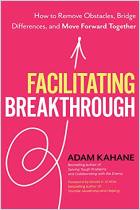
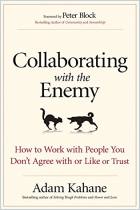
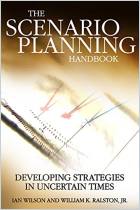
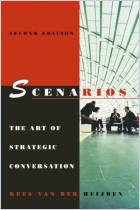
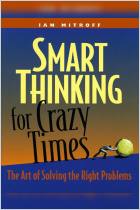
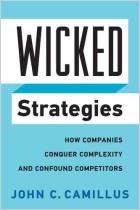
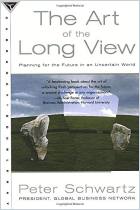
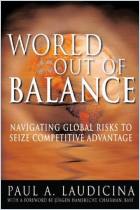





Comment on this summary or Diskussion beginnen